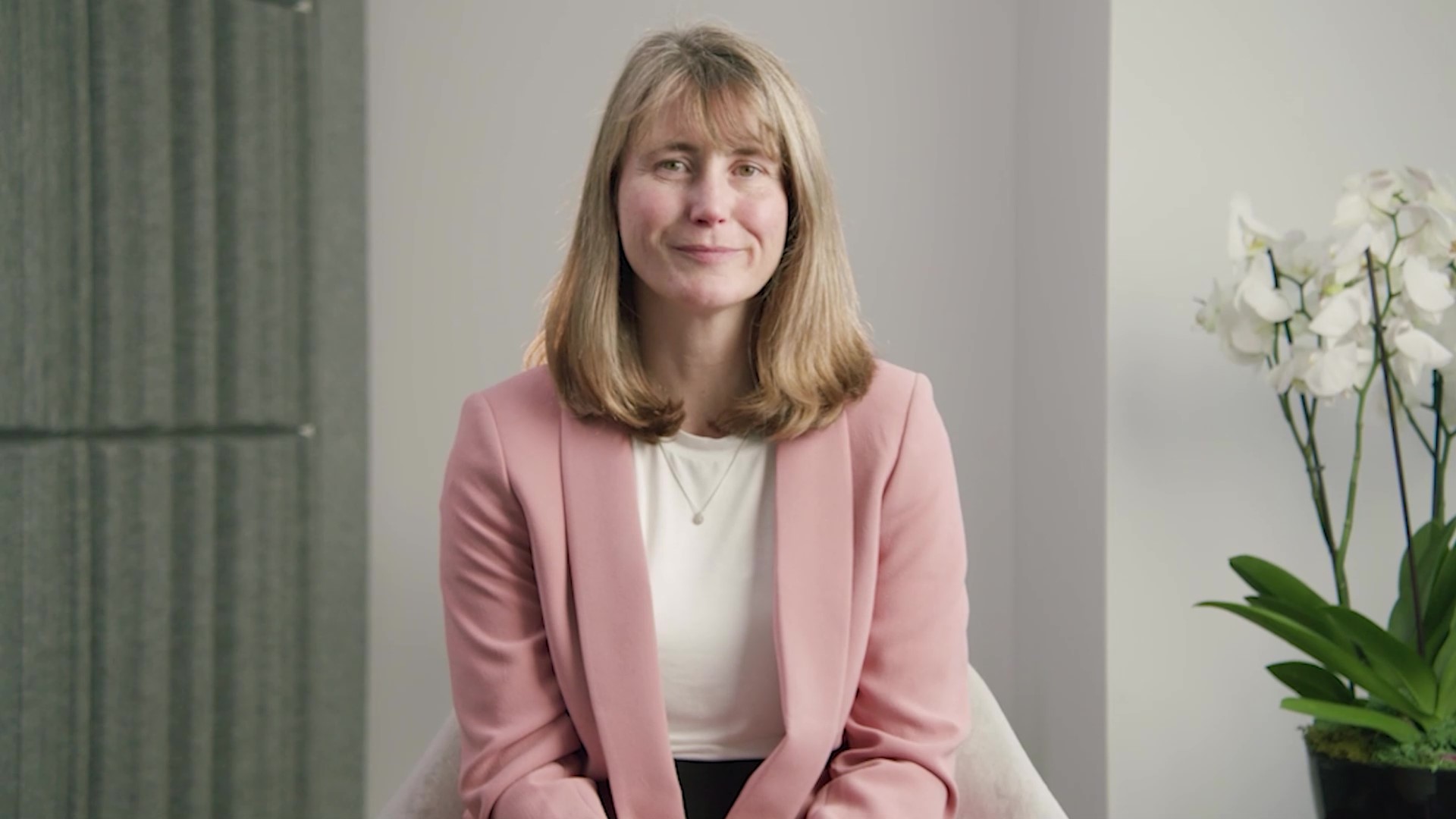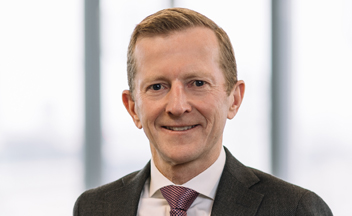As first seen in Premier Construction Magazine and written by Thomas Hardy, Head of Property and Construction, Engineering and Renewable Energy at RSA.
The construction industry continues to face into several tough challenges. Rising costs, supply chain disruption, and evolving regulations place additional pressures on contractors and developers already dealing with narrow margins. At the same time, the push for sustainability and technological advancements is reshaping the way projects are planned and delivered.
In this changing environment, insurers must move beyond simply underwriting risk and become proactive partners in risk management. Engaging early in the project lifecycle, rather than being an afterthought, allows insurers to add value – not just through financial protection, but by helping to shape resilient and compliant builds.
The shifting risk landscape
Inflationary pressures on materials and labour, coupled with post-Brexit and post-pandemic supply chain disruptions mean that construction costs are higher and more unpredictable than ever. Contractors often operate on tight margins, and unexpected cost overruns can be the difference between profit and financial distress.
Additionally, the regulatory environment is becoming more rigorous, and rightly establishes stricter regulation on building design, construction, and management.
Meanwhile, the construction industry is also undergoing a technological shift. Modern methods of construction, including the use of cross-laminated timber and modular builds, present unique fire, escape of water, durability, and structural challenges that require careful consideration.
Early engagement is the key ingredient
Given this testing landscape, the role of insurers must evolve too. Insurance is often considered too late in the day, limiting the value that insurers can bring. Instead, early engagement between insurers and clients means we can deploy our expertise to help identify and mitigate risk ahead of works commencing.
Being involved from the design stage means we can help ensure that risk mitigation strategies – such as temporary works management, fire risk reduction, water management plans, and resilience against extreme weather – are embedded from the outset. This not only reduces insurance costs but also creates a more robust final product for developers and end-users.
At RSA, we focus on building long-term relationships, where underwriters, risk engineers, and claims specialists collaborate with brokers and clients to assess evolving risks, improve site safety, and support regulatory compliance.
The insurer's role in construction's resilient future
RSA’s regional footprint allows us to stay close to brokers and clients, understand their challenges, and provide practical solutions. With dedicated construction underwriting teams across the UK, we offer on-the-ground support, faster decision-making, and a collaborative approach to risk management.
Our team of construction focussed risk consultants don’t just help our customers comply with legal obligations but help them to proactively deal with uncertainty and implement effective measures to help mitigate costly delays and disruption, protect construction workers, and potential reputational damage.
In offering this support, we strengthen relationships and add real value beyond insurance coverage, ensuring we are not just insurers but trusted risk partners in our clients’ success.
The future of construction insurance
As the industry continues to innovate, the relationship between insurers and construction firms must also evolve. Risk management cannot be an afterthought – it needs to be integrated into project planning from day one. By moving beyond premium-based transactions and fostering risk consultancy partnerships, insurers can help create a more resilient construction sector.
For contractors and developers, this means greater stability and fewer surprises. For insurers, it means a more informed underwriting process and a proactive role in shaping the future of the built environment. And for the industry as a whole, it means better, safer projects that can withstand the challenges of an ever-changing landscape.



